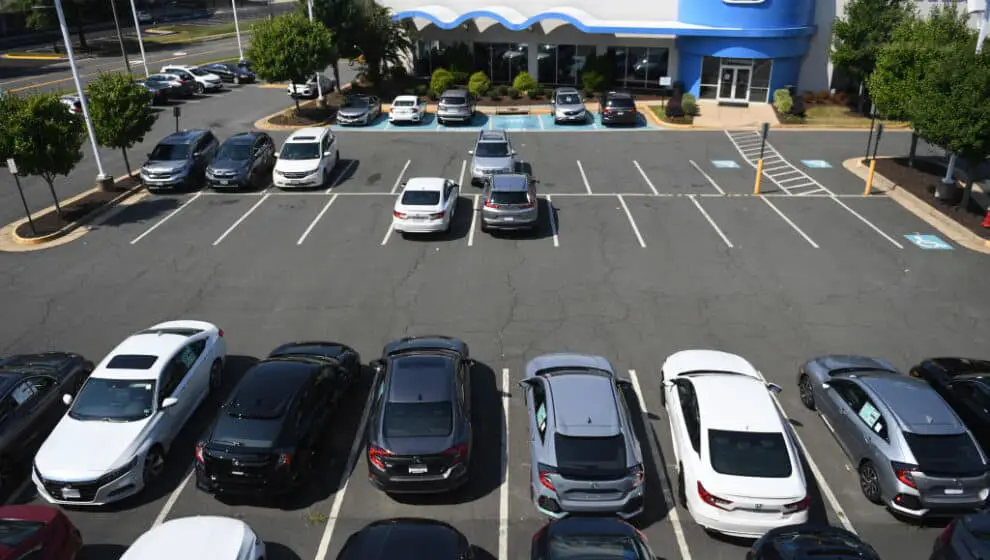The car market has become so volatile that consumers are jumping in to tame it.
A consumer group created a crowdsourced website to track the recent markup in prices on new vehicles. In some cases, the premiums dealerships added to the base sticker price add up to thousands of dollars.
A Toyota 4Runner in Illinois, for example, has a $15,000 markup, while a Ford F-150 in Maryland was listed at $30,000 above the sticker price. Currently, the highest markup on the website belongs to a Hummer EV in Oklahoma with an extra $200,000 on the price tag.
Traditionally new cars sell at MSRP—the Manufacturers Suggested Retail Price. Because of supply-chain issues, there is a shortage of new cars, but there is still a huge demand. So when supply is lower than demand, prices increase.
Previously, buyers would see markups on popular new cars that were in short supply. In order to increase profits on high-demand vehicles, dealerships may tack on additional charges. These could often be negotiated down. Now, consumers will find that more vehicles include markups, and it is harder to negotiate them down.
The website Markups.org allows users to catalog the markup prices they have seen at dealerships. Users report markups at dealerships across the country to keep car buyers informed.
The site also lists the dealerships that are not marking up the price of new cars, Car and Driver reports.
A car-pricing resource, Kelley Blue Book found that new car prices are rising again after a temporary drop in prices over the last few months. A continuing microchip shortage, the war in Ukraine, and increased costs across the board contribute to the growing price tags.
Thanks to the microchip shortage—components that are critical to the operation of many aspects of a vehicle—new car inventory is lower than ever. Industry research provider Cox Automotive found that there are 1.5 million fewer cars now than last year. Not only are prices getting higher, but finding the vehicle is growing more difficult.
If buyers hope to avoid markups by buying a used vehicle instead, they won’t find much relief in that market either.
Used car prices are 22% higher than they were in 2021, according to Consumer Reports. Prices overall are 48% higher than they were in 2020.
Pat Ryan, CEO of CoPilot, an app that tracks car prices, found that pre-owned Subarus, for example, are selling for around $6,700 more than what would have been expected in recent years. Trucks and SUVs are averaging $10,000 more, and Teslas are near $20,000. With rising gas prices, many buyers are looking for fuel-efficient, electric, and hybrid vehicles. However, these desirable vehicles are not only growing more expensive, but harder to find, Kelley Blue Book found.
